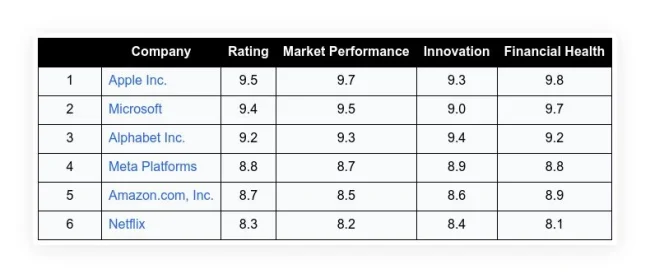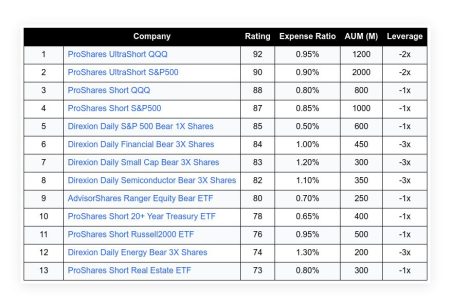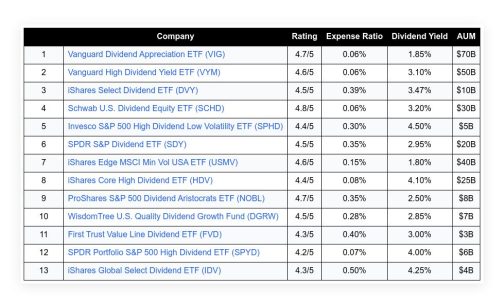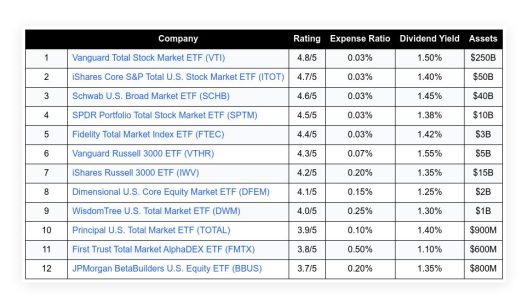The stock market is reaching new heights, but the bond market seems to be singing a different tune. The question arises whether the bond market is signaling an impending recession. Historically, bonds have been known to react to weakening economic data long before stocks do. This article will delve into the recent economic data and the bond market’s response to it.
Table of Contents
ToggleRecent economic data and the bond market’s response
In the third quarter, the economy experienced staggering growth, followed by solid growth in the fourth quarter. However, the first quarter saw a significant drop in economic growth. The Atlanta Federal Reserve’s GDP forecasting tool provides a real-time snapshot of the economy’s health, updating as new financial data is reported. Just three weeks ago, the forecast predicted a blockbuster growth of 4% for the second quarter. However, with the recent economic data showing signs of weakening, the forecast has plummeted to a mere 1.8%.
View this post on Instagram
A post shared by Taylor Sohns – CFP®, CIMA®, MBA – Finance (@lifegoalinvestments)
Stock market vs bond market
Interestingly, the stock market has yet to react to this downturn. However, the bond market has responded, dramatically dropping the 10-year treasury yield. This drop has broken through the 50-day and 200-day moving average support lines, which typically indicates further downside.
Investor fear and the bond market
This reaction in the bond market is driven by investors’ fear of economic weakness. As concerns rise, there is a flight to quality, with investors buying bonds. This drives yields down and pushes bond prices higher, resulting in a win for bond investors.
The bond yields’ warning
The bond yields’ behavior raises the question: are they warning that the long and variable lags of the Federal Reserve raising interest rates to 5.5% are finally going to trigger the recession that was predicted two years ago?
The Federal Reserve’s decision and its effects
The Federal Reserve’s decision to raise interest rates is often seen as a measure to curb inflation and stabilize the economy. However, these decisions can have long-term effects, often with variable lags. The current situation suggests that the effects of the rate hikes might finally be catching up, potentially leading to a recession.
Diversification as a risk management strategy
If this is the case, those overexposed to stocks might find it prudent to diversify their portfolios. Diversification is a risk management strategy that mixes various investments within a portfolio. The rationale behind this technique is that a portfolio constructed of different kinds of investments will, on average, yield higher returns and pose a lower risk than any individual investment within the portfolio.
Conclusion
In conclusion, while the stock market continues to perform well, the bond market’s reaction to recent economic data suggests a different story. The significant drop in the 10-year treasury yield and the downward revision of the GDP forecast indicate potential economic weakness. As such, investors should consider diversifying their portfolios to mitigate potential risks. While it is too early to definitively say whether a recession is on the horizon, the bond market’s behavior certainly warrants attention and careful consideration.
Frequently Asked Questions
Q. What is the recent economic data and the bond market’s response?
The recent economic data shows a significant drop in growth in the first quarter. The bond market has responded to this downturn, with the 10-year treasury yield dropping dramatically.
Q. How does the stock market compare to the bond market?
While the stock market has yet to react to the economic downturn, the bond market has shown a significant response with a drop in the 10-year treasury yield.
Q. What drives the reaction in the bond market?
The reaction in the bond market is driven by investors’ fear of economic weakness. As concerns rise, there is a flight to quality, with investors buying bonds, driving yields down and pushing bond prices higher.
Q. What is the bond yields’ warning?
The behavior of bond yields raises the question of whether they are warning that the effects of the Federal Reserve raising interest rates are finally going to trigger a recession.
Q. What are the effects of the Federal Reserve’s decision to raise interest rates?
The Federal Reserve’s decision to raise interest rates is often seen as a measure to curb inflation and stabilize the economy. However, these decisions can have long-term effects, often with variable lags. The current situation suggests that the effects of the rate hikes might finally be catching up, potentially leading to a recession.
Q. What is diversification as a risk management strategy?
Diversification is a risk management strategy that mixes a wide variety of investments within a portfolio. The rationale behind this technique is that a portfolio constructed of different kinds of investments will, on average, yield higher returns and pose a lower risk than any individual investment found within the portfolio.
Q. What is the conclusion on the stock and bond market situation?
While the stock market continues to perform well, the bond market’s reaction to recent economic data suggests a different story. The significant drop in the 10-year treasury yield and the downward revision of the GDP forecast indicate potential economic weakness. As such, investors should consider diversifying their portfolios to mitigate potential risks. While it is too early to definitively say whether a recession is on the horizon, the bond market’s behavior certainly warrants attention and careful consideration.

















